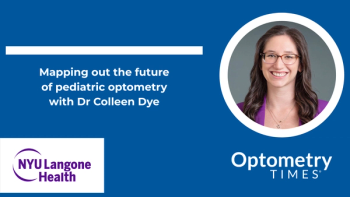
Making the case for stand-alone plans
Timothy Jankowski, OD, immediate past chairman of VSP Global, has been leading the effort to get stand-alone vision plans into state health insurance under the Affordable Care Act, a strategy that AOA opposes.
ODT: Why are the state health exchanges so important to optometrists?
Dr. Jankowski: The main issue we're facing is patient access for optometrists. The vast majority of patients who visit optometrists' offices are directed to them through a stand-alone vision plan. If stand-alone vision plans are not included in the insurance exchanges, optometrists will have to rely on health plans, which have not provided them with the same level of access to patients.
TJ: VSP refers over 90% of its patients to private-practice doctors. The qualified health plans that own vision care plans, like Spectera and Davis, are able to participate directly in the exchanges, and they don't refer nearly the same percentage of patients to private-practice doctors as VSP does.
Another issue is that patient exams are expected to drop drastically. Research shows the number of patients who receive eye exams when care is provided through a stand-alone plan is double what it is when the care is delivered through a health plan. Even if optometrists are able to get on a health plan's network-which we are not confident that the majority will-the number of patients getting eye exams is still expected to drop by about 50%.
Excluding stand-alone plans also means that plans like VSP Vision Care will no longer be able to compete directly with health-plan owned vision plans.
ODT: Critics of stand-alone vision plans have said they're heavily tied to commercial optometry-specifically EyeMed, which is owned by Luxottica.
TJ: The health plans that own vision care plans all have large commercial retail offerings on their panels, as does EyeMed. VSP is the only vision plan that was founded by optometrists with the mission to increase patient access to private practice doctors.
ODT: Obviously VSP and the AOA are taking different positions on this issue. Has that changed the relationship between the organizations?
TJ: We have had many discussions with the AOA on the future of health-care exchanges and the inclusion of stand-alone plans. Unfortunately, we have not been able to come to any type of agreement on this issue.
The bottom line with the AOA and VSP is that we're both perfectly 100% aligned on medical integration for optometry. We don't disagree on that whatsoever. That's the ideal endgame. Every optometrist I know wants to have full medical integration. The big question is, how do we get there?
We have invited the AOA to participate in an open forum to discuss this issue publicly and will be simulcasting it live for optometrists across the country to view and have their questions answered in real time. This is a defining moment in our profession, and it's critical for doctors to understand the facts and make an informed choice.
Newsletter
Want more insights like this? Subscribe to Optometry Times and get clinical pearls and practice tips delivered straight to your inbox.






























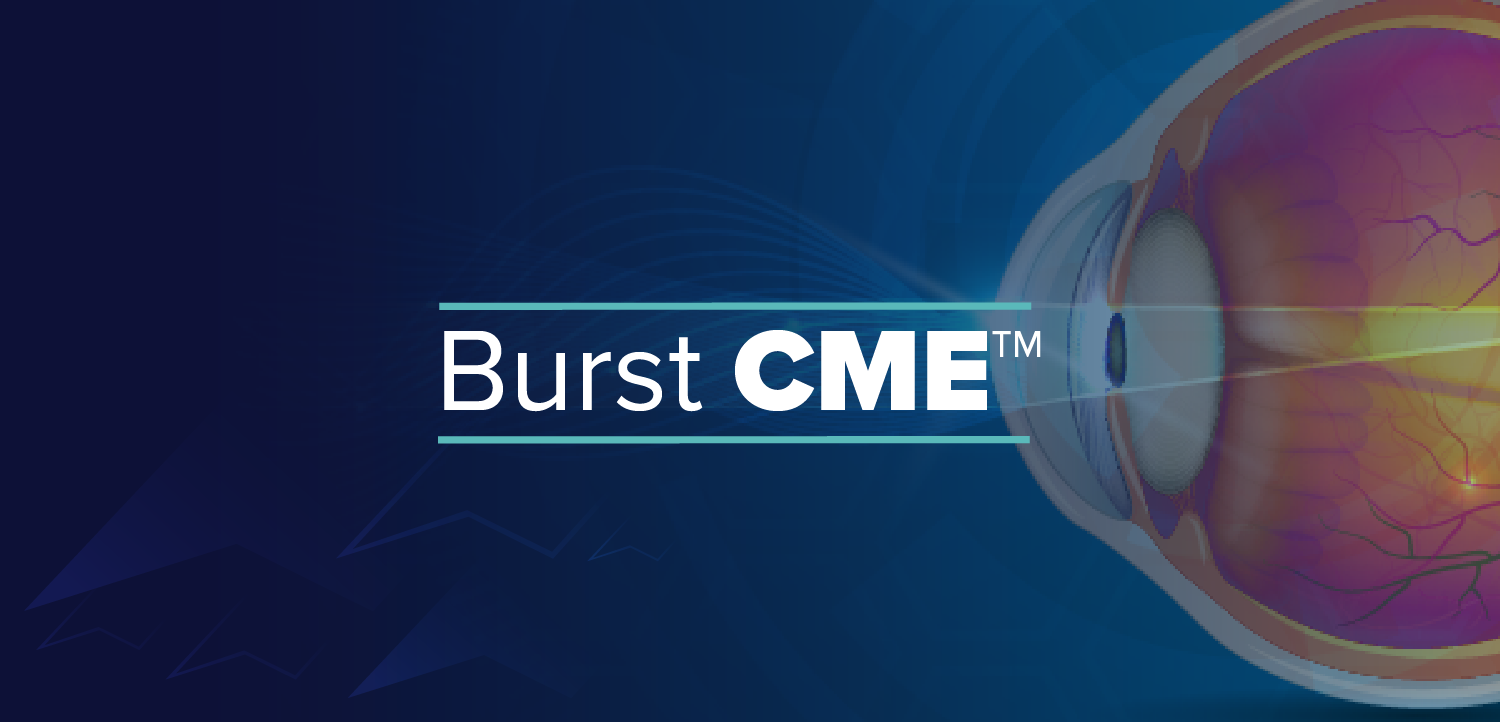
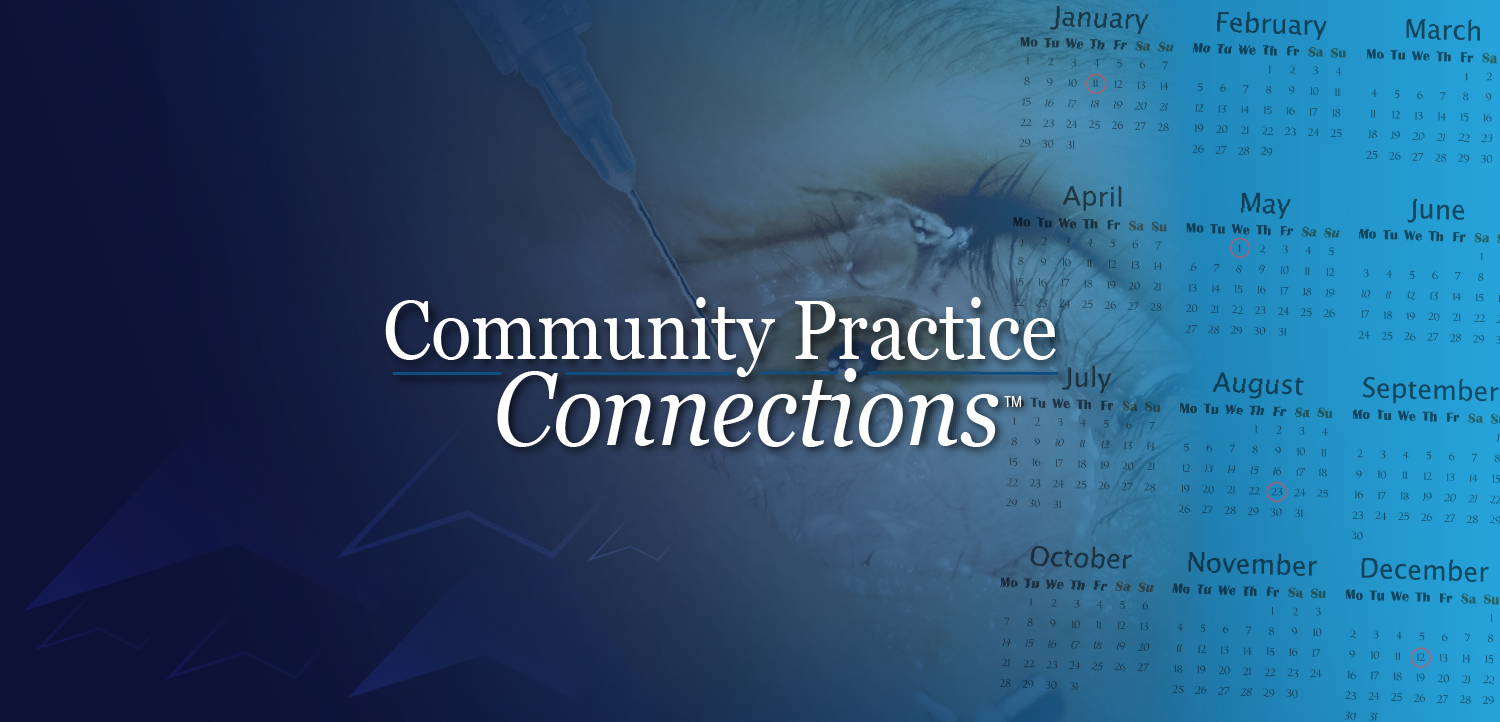
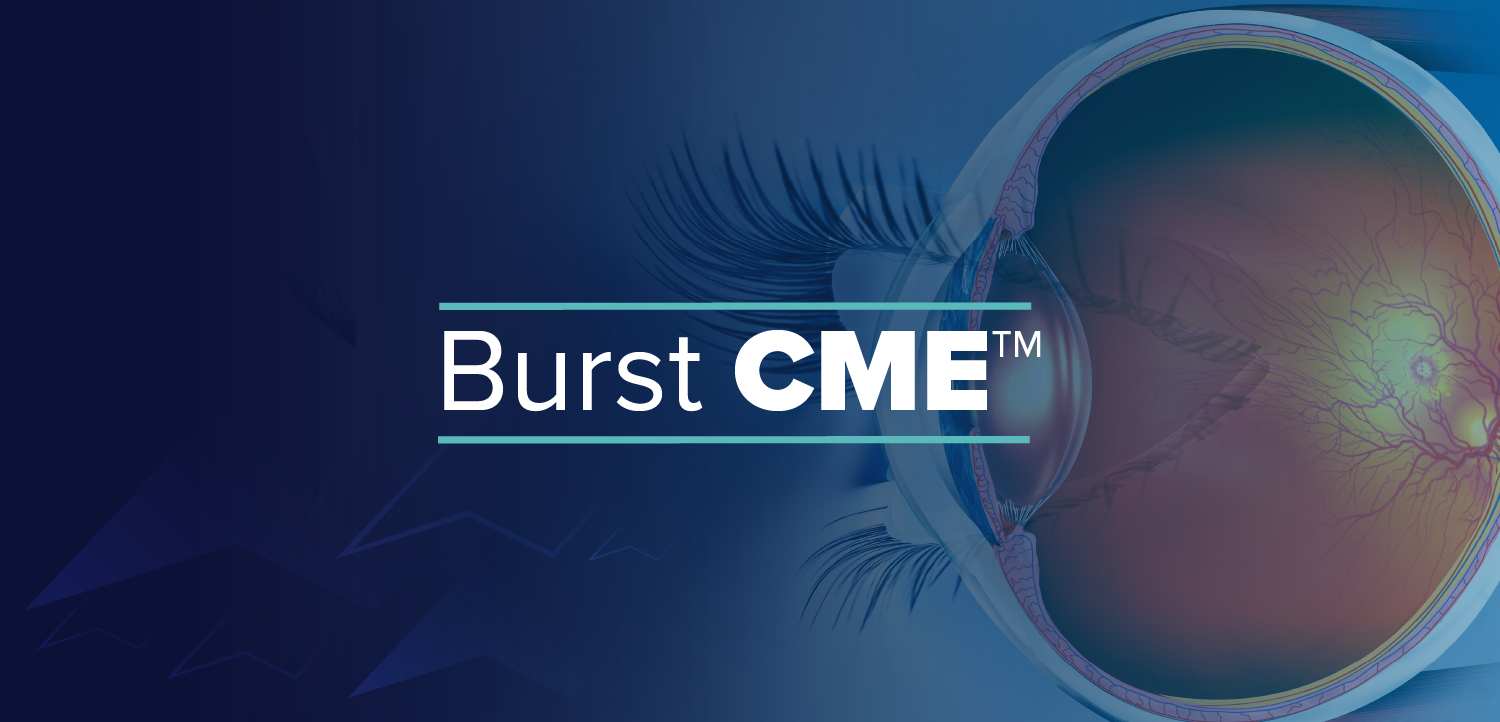
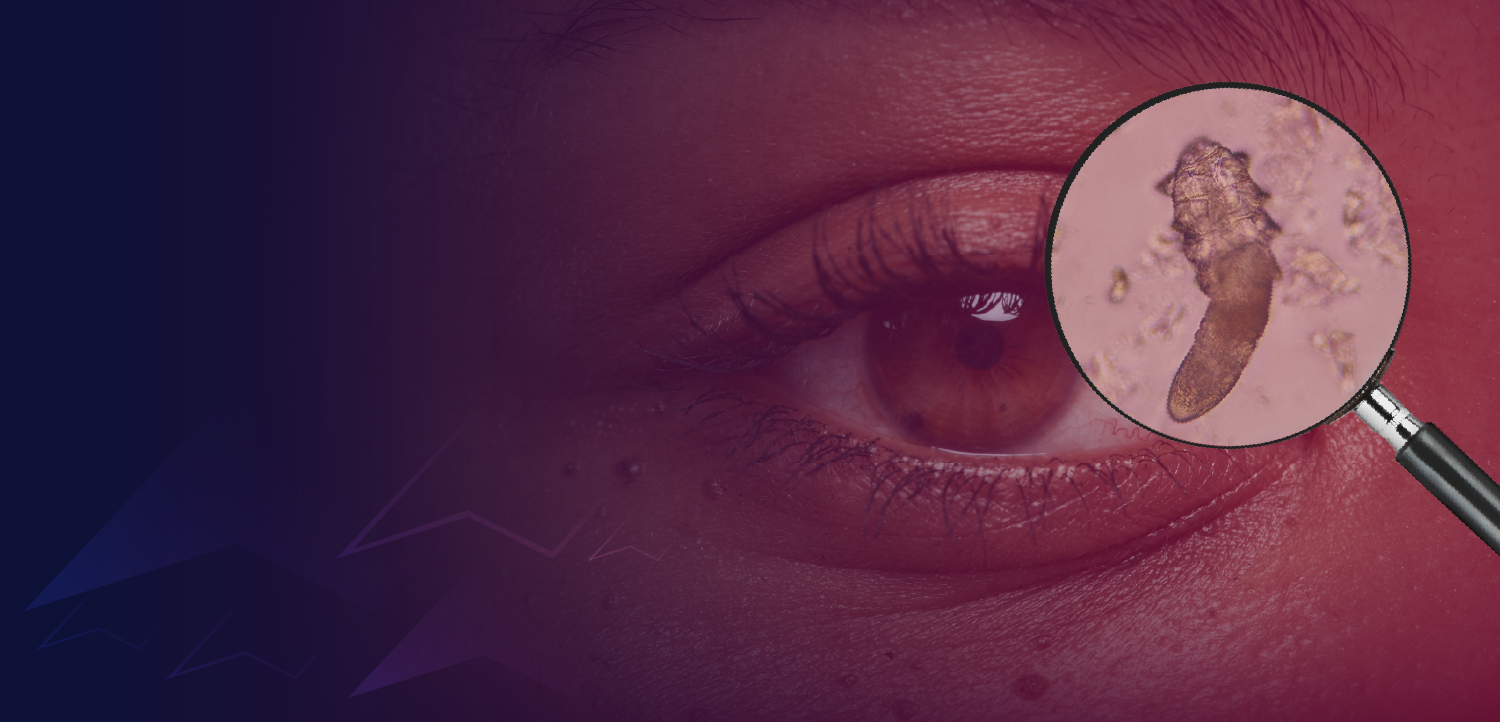

















.png)


